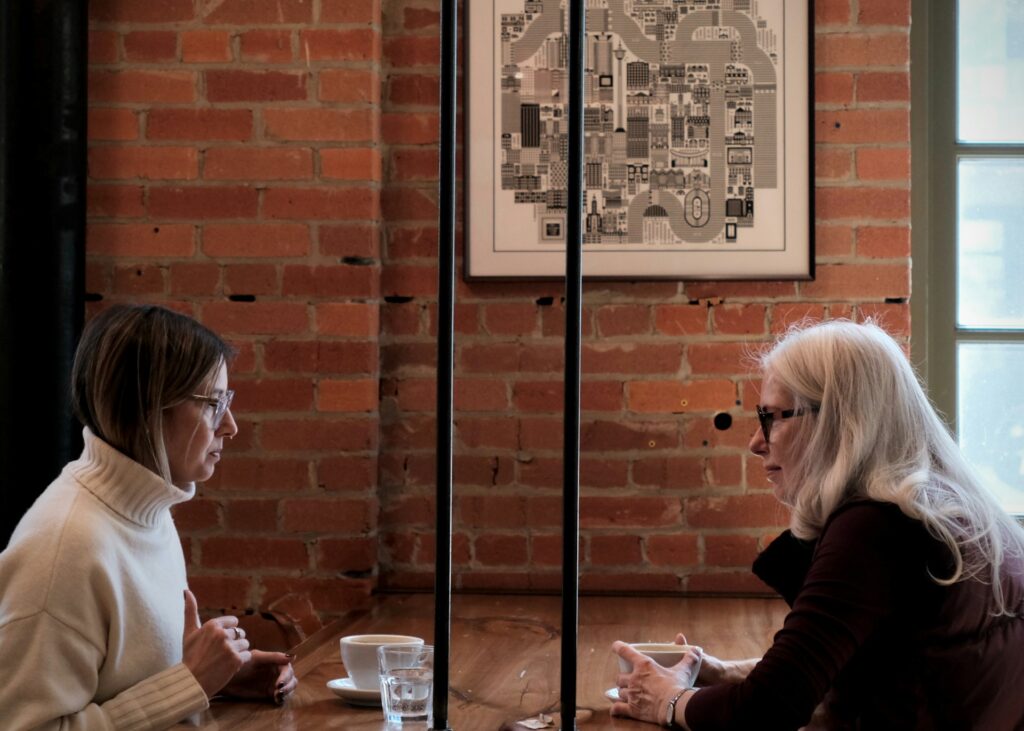The productivity myth tricks us into thinking busyness is the sign of achievement. We take burnout as a badge of pride, over-caffeinate our existence, and worship the grind. Science calls BS: chronic busyness is the recipe for pseudo-productivity. The most productive people aren’t those who work the longest day; it’s those who can say when to rest and allow their minds to recharge.
The Busyness Culture Problem
We are addicted to busyness and have a sick work culture in which activity is not an accomplishment. Microsoft studies discovered that consecutive meetings sap concentration and raise stress levels, yet brief breaks significantly enhance thinking. And yet we attempt to stuff in every possible hour and expect more hours to translate into more outcomes.
Seven flaws with chronic busyness:
- Decision exhaustion builds up over the course of the day and leads to ill-informed decisions
- Imagination does not function when the brain is never allowed a moment’s respite
- Burnout is 20% higher due to the reality that work from home has ingrained the “always-on” culture
The myth of productivity is that what lies behind falling behind is a lack of pace. The reverse occurs. Researchers at the University of Illinois have discovered that brief pauses between tasks significantly enhance concentration and performance on lengthy tasks.
Recess isn’t laziness, actually, that’s when your brain works the hardest. Stanford researcher Alex Soojung-Kim Pang found that inventors across all industries have only 4-6 hours of uninterrupted time a day, spending the rest sleeping and recharging. What’s their secret? Not quantity, but quality.
Bill Gates, for instance, has “Think Weeks” where he devotes seven consecutive days to reading and thinking. Some of Microsoft’s most significant projects have been born during his retreats. Lin-Manuel Miranda developed the whole concept of Hamilton on vacation, not by working day and night at his desk.
Neuroscience verifies. The default network of the brain engages when the brain is idle, forming new connections to solve things and enable creative insights. That’s why epiphanies often occur in the shower or during a walk—much more so than during your twelfth Zoom conference.
Read More: Why Multitasking Doesn’t Work (and What to Do Instead)
How to Escape Busyness Culture in Practice
It requires intentional disruption to break the productivity myth. Begin by scheduling rest time into your calendar like appointments. Cal Newport’s deep work tests indicate that squeezing in uninterrupted time over being constantly “on” is best.
What works best:
- Blocking blocks of rest time into your calendar
- Boundaries with message and email hours
- Taking real breaks from screens every 90 minutes
- Watching outputs, not hours worked
It is not about reducing, but about doing what you must do. Steering clear of the busyness trap and strategic rest will reward you with productivity as its byproduct.
The productivity myth has led us to believe that we are successful when we are busy, but the facts contradict this notion. Success is not based on busyness and little rest, but on hard work and rest. Eliminating busy culture and having time to play will make you more creative, enable you to make informed decisions, and result in better-quality work.
Baby steps: grant yourself one hour of free-thinking time this week. Your most valuable ideas are on the edges of your work.
Want to think more and work less? Sign up for our newsletter for real-world advice that really works.
Read More: Why Boredom Is Good for You




